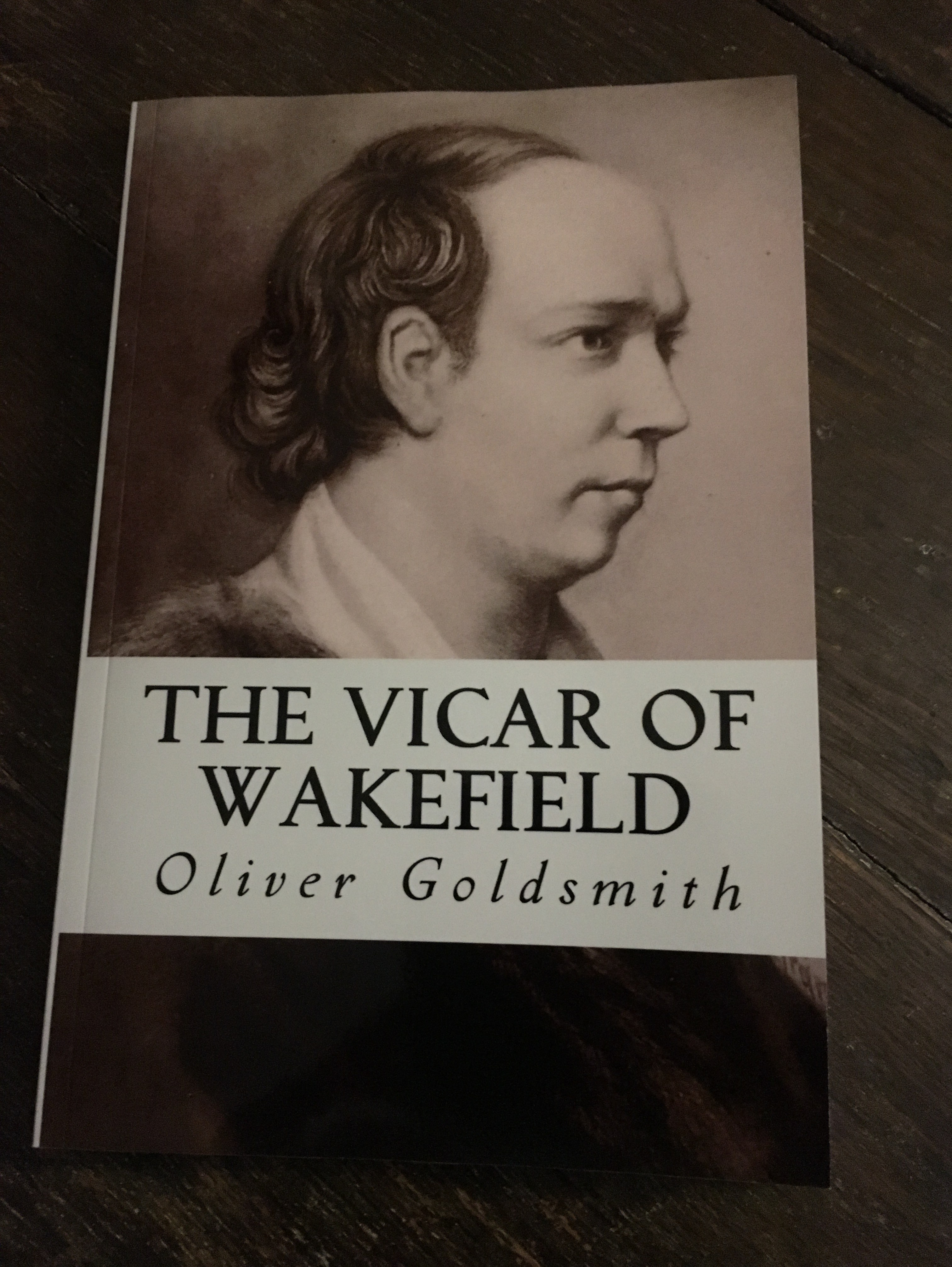 In my reading of fiction, I often run across reading material that the characters reference, quote, or use for entertainment. After all, before television and the computer, many hours were spent with an open book, newspaper, or magazine as well as letters of correspondence. Since I read and write historical fiction, I understand the importance of filling in those gaps in the characters’ days with a hint at something her or she would be doing. Reading is one of those activities.
In my reading of fiction, I often run across reading material that the characters reference, quote, or use for entertainment. After all, before television and the computer, many hours were spent with an open book, newspaper, or magazine as well as letters of correspondence. Since I read and write historical fiction, I understand the importance of filling in those gaps in the characters’ days with a hint at something her or she would be doing. Reading is one of those activities.
In my Revolutionary Faith series set in the 1770s Charles Town, I have included reading material for Elizabeth and Louis. The King James Bible is the most prevalent, of course, since I write Christian fiction. Yet, my characters tend to be well read. Mixed in with the classics of the day, such as Shakespeare and Molière, are books like Gulliver’s Travels and Pilgrim’s Progress and works including Paradise Lost and The Way to Wealth. I occasionally add popular French authors for Louis. Poems, pamphlets, journals, hymns, and letters are scattered through the pages.
For Book Four in the Revolutionary Faith Series, which I am writing now, I’ve added Common Sense by Thomas Paine and The Vicar of Wakefield by Oliver Goldsmith. I’ve reread Common Sense and have started The Vicar of Wakefield. I want to experience what my characters might have experienced over two hundred years ago.
The Vicar of Wakefield is supposedly about the author, an Irish vicar who lived from 1728-1774. I’ve read four of the 32 chapters. Already, I am caught up in the “contemporary” piece with all the trapping of 1760. The first person account draws a slightly humorous picture of the woes and hopes, the ups and downs, of family life as fortunes come and go as do jobs, health, and children. I’m loving it. The spelling is captivating: traveller, encrease, shewing, drest, cloaths.
Oh, but each paragraph is a page or more long, containing four or five conversations or incidents. Amazingly, though, I am quickly getting used to them, especially if I keep my finger on my place in the paragraph. I’m glad to know my characters had something entertaining to read.
If you had to write a contemporary novel, what outside works would you include for your characters to read?


Hi Marguerite,
I just finished reading “Hold Me Close” and can hardly wait to read the next one in the series.
I’m so glad you liked it! Thanks for reading Hold Me Close.
I actually have The Vicar of Wakefield because my mother-in-law gifted it to me, and read it about 40 years ago. When novels are mentioned within another novel, I usually end up reading them. I read The Romance of the Forest because it was mentioned in Emma. And I read The Mysteries of Udolpho because it was mentioned in Northanger Abbey. I enjoyed this interesting post! Thank you!